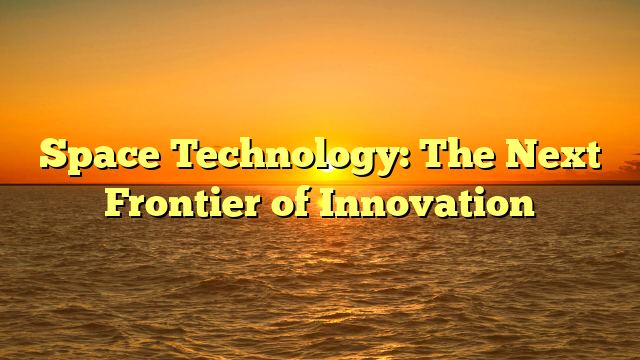
Space exploration has always inspired human imagination, but today it is also driving technological breakthroughs that impact daily life. Advances in space technology are shaping industries from communication indo168 to environmental monitoring.
Satellites remain central to space innovation. They power GPS, weather forecasting, and global communications. New constellations of small satellites are bringing internet access to remote regions, reducing the global digital divide.
Private companies are playing a growing role in space. Firms like SpaceX and Blue Origin are developing reusable rockets, lowering the cost of space travel. This has sparked a new era of competition and innovation, sometimes called the “new space race.”
Space technology also benefits Earth. Satellites monitor deforestation, track natural disasters, and measure climate change indicators. This data is crucial for scientists and policymakers working to protect the planet.
Looking forward, space mining could provide access to valuable resources like rare metals, reducing pressure on Earth’s ecosystems. Long-term projects, such as establishing bases on the Moon or Mars, may one day extend human civilization beyond Earth.
Challenges remain immense. Space travel is expensive and dangerous, requiring advanced engineering and international cooperation. Ethical concerns also arise, such as who controls space resources and how to prevent militarization.
In conclusion, space technology is more than a quest for exploration—it is a driver of innovation that affects life on Earth. As humanity reaches further into the cosmos, the discoveries made along the way will continue to transform science, industry, and society.




